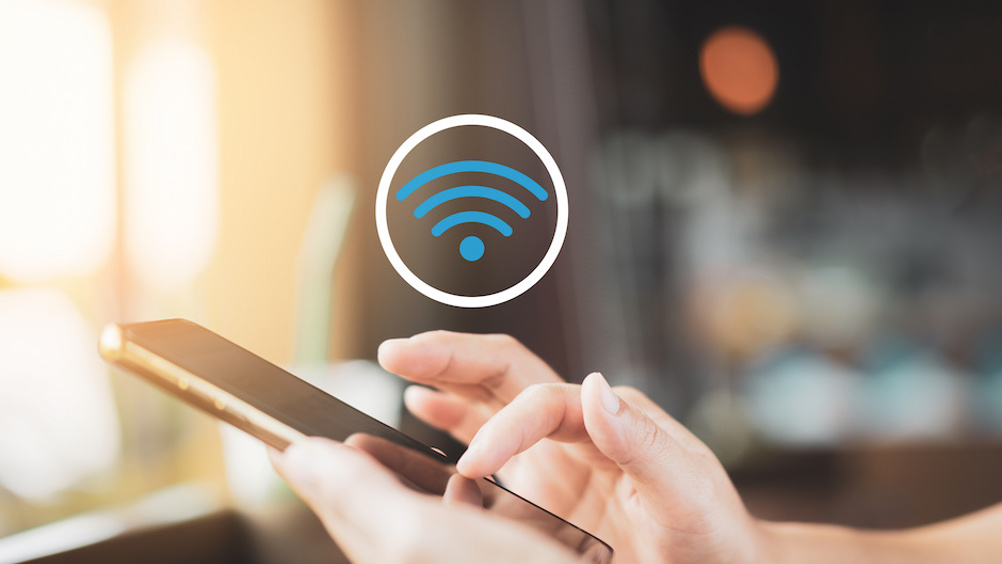Smartphone-powered microchip for at-home diagnosis
Researchers at University of Minnesota have developed a microfluidic chip for at-home medical diagnosis that can be powered wirelessly by a smartphone.

Microfluidics involves the study and manipulation of liquids at a very small scale. A popular application in the field is developing ‘lab-on-a-chip’ technology, or the ability to create devices that can diagnose diseases from a very small biological sample such as blood or urine.
Scientists already have portable devices for diagnosing some conditions, rapid Covid-19 antigen tests being one example. However, a challenge in engineering more sophisticated diagnostic chips — for example, to identify the specific strain of Covid-19 or measure biomarkers like gluclose or cholesterol — is the fact they need so many moving parts.
Chips like these would require materials to seal the liquid inside, pumps and tubing to manipulate the liquid and wires to activate those pumps. These materials are difficult to scale down to the micro level.
Now, the Minnesota team has reportedly developed a microfluidic device that functions without all of those bulky components.
“It’s not an exaggeration that a state-of-the-art, microfluidic lab-on-a-chip system is very labour intensive to put together,” said Sang-Hyun Oh, an electrical and computer engineering professor and senior author of the study.
Register now to continue reading
Thanks for visiting The Engineer. You’ve now reached your monthly limit of news stories. Register for free to unlock unlimited access to all of our news coverage, as well as premium content including opinion, in-depth features and special reports.
Benefits of registering
-
In-depth insights and coverage of key emerging trends
-
Unrestricted access to special reports throughout the year
-
Daily technology news delivered straight to your inbox










UK Enters ‘Golden Age of Nuclear’
The delay (nearly 8 years) in getting approval for the Rolls-Royce SMR is most worrying. Signifies a torpid and expensive system that is quite onerous...